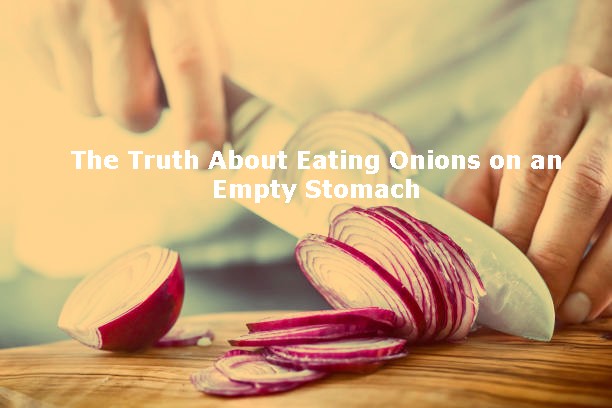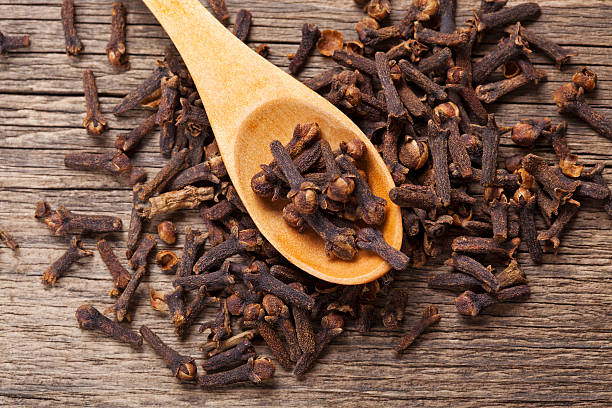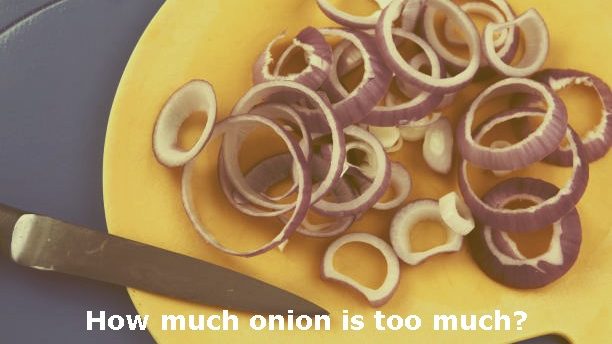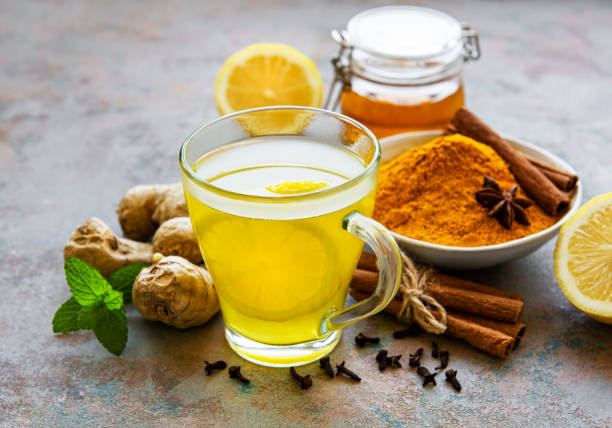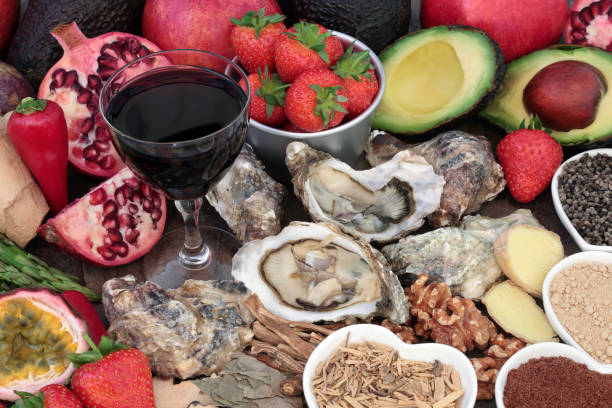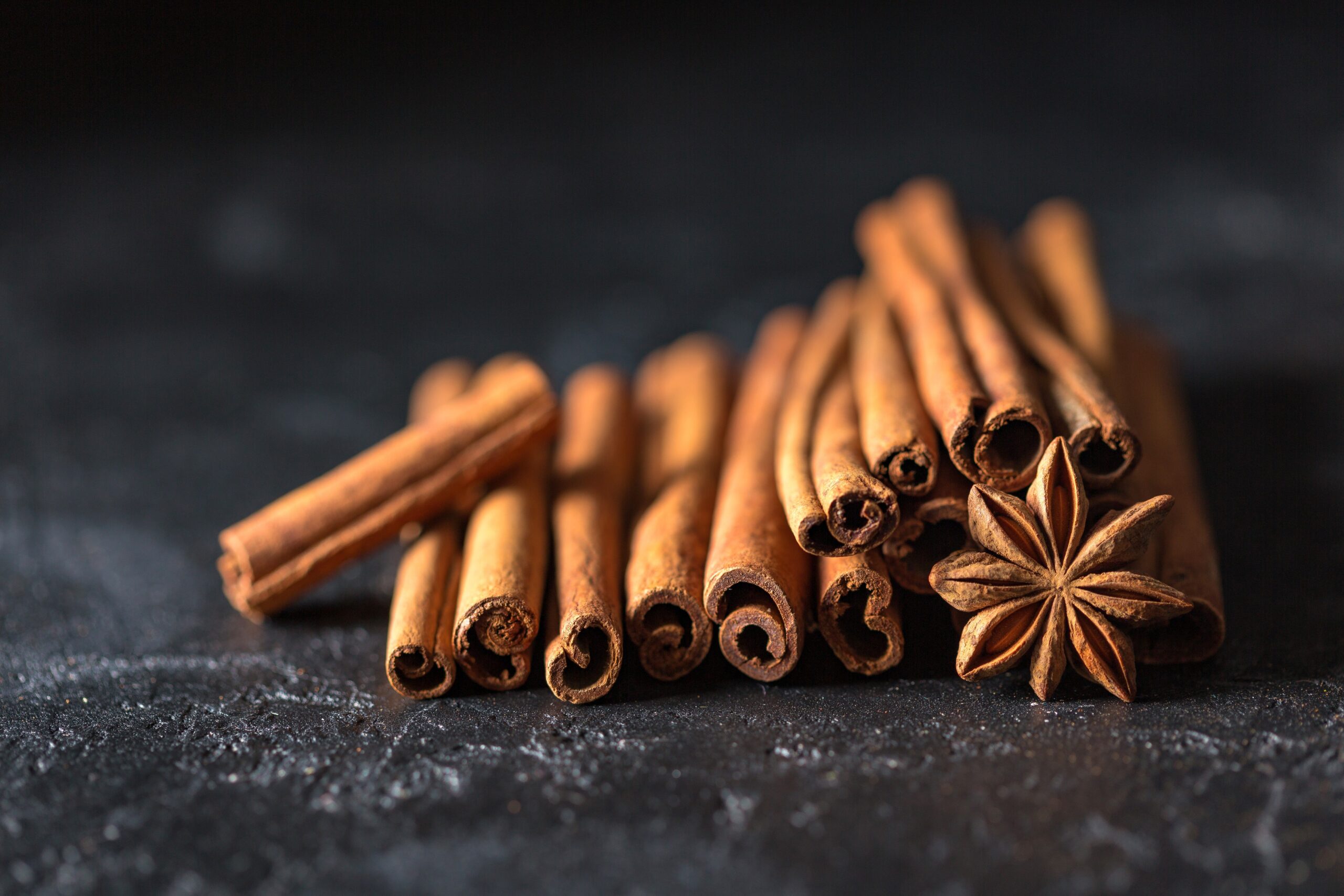Table of Contents
Introduction:
The question of whether garlic, a culinary ingredient and traditional medicinal remedy, has the potential to harm our gut health has sparked curiosity among health enthusiasts and researchers alike.
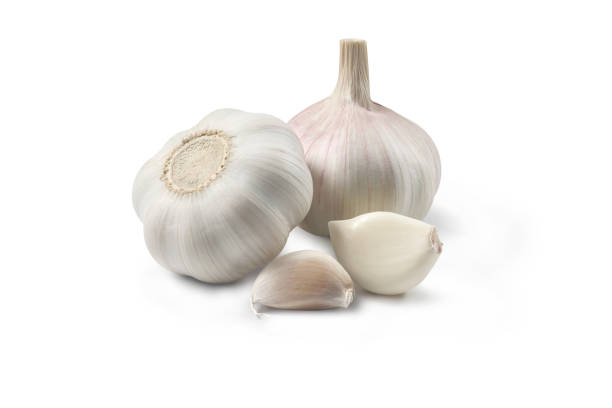
“Does garlic kill good gut bacteria?” remains a prominent query, deserving a comprehensive exploration. In this article, we delve into the intricate relationship between garlic and gut bacteria, dissecting the mechanisms, implications, and myths surrounding this topic. Let’s embark on a journey to uncover the truth about garlic’s effects on our gut microbiota.
Does Garlic Kill Good Gut Bacteria?
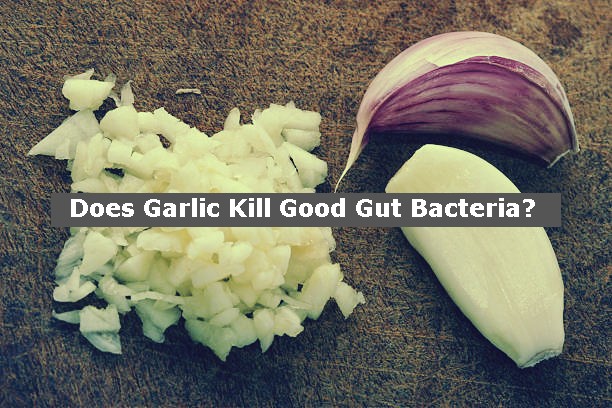
Yes, garlic does have the ability to impact both harmful and beneficial gut bacteria. The primary agent responsible for this effect is allicin, a potent compound found in garlic. Allicin exhibits antibacterial properties, which means that it can indeed lead to the elimination of certain bacteria in the gut. However, the impact of garlic on gut bacteria is not immediate; it takes time for the antibacterial properties to manifest fully.
Does Garlic Affect Probiotics?
Garlic’s influence on probiotics, the beneficial bacteria crucial for gut health, is a subject of interest. Probiotics are often recommended to enhance digestive health and maintain a balanced gut microbiome.
While garlic’s antibacterial properties can potentially impact probiotics, the extent of this impact depends on various factors, including the amount of garlic consumed and the specific strains of probiotics present in the gut.
How Does Garlic Kill Bacteria?
The antibacterial prowess of garlic is attributed to allicin, a sulfur-containing compound released when garlic is crushed or chopped. Allicin disrupts bacterial cell membranes and inhibits vital enzymatic processes within the bacteria, ultimately leading to their demise. This mechanism underscores garlic’s historical use as a natural antibiotic.
How Long Does It Take For Garlic To Kill Bacteria?
The time it takes for garlic to effectively eliminate bacteria varies based on factors such as garlic preparation, individual gut microbiota, and the bacterial strains targeted. Generally, the antibacterial effects of garlic become noticeable within a few hours to days after consumption. However, the complete eradication of bacteria might take longer and is not guaranteed.
Can You Take Garlic And Probiotics Together?
Consuming garlic and probiotics concurrently raises questions about potential conflicts between garlic’s antibacterial properties and the beneficial effects of probiotics.
While garlic can impact gut bacteria, studies suggest that moderate consumption of garlic is unlikely to completely wipe out all probiotic populations. However, if you’re taking probiotics for a specific reason, it’s advisable to consult a healthcare professional before making significant dietary changes.
Is Garlic Bad For Gut Bacteria?
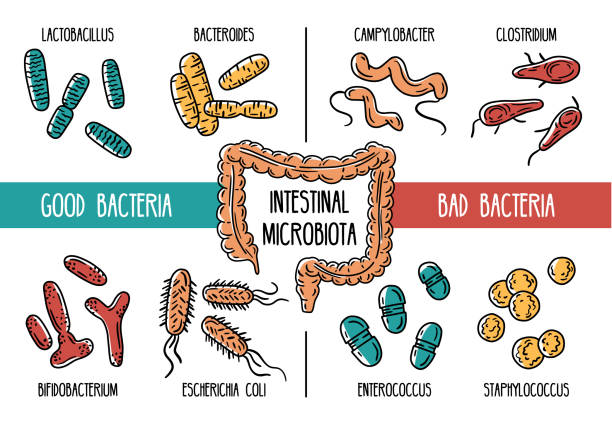
Garlic’s impact on gut bacteria is not inherently bad. It’s important to recognize that gut microbiota is complex, consisting of both beneficial and harmful bacteria. Garlic’s antibacterial effects can help maintain a balanced microbiome by targeting harmful bacteria, thus promoting overall gut health.
Garlic Helps Get Rid Of Harmful Gut Bacteria
One of the notable benefits of garlic consumption is its potential to combat harmful gut bacteria. By selectively targeting these harmful strains, garlic contributes to reducing the risk of gastrointestinal infections and promoting a healthier gut environment.
Garlic Feeds The Beneficial Gut Bacteria
Contrary to concerns, certain components of garlic can serve as prebiotics, promoting the growth and activity of beneficial gut bacteria. Prebiotics are non-digestible fibers that nourish probiotics, fostering their proliferation and enhancing their positive effects on gut health.
FAQs
Does Garlic Kill Lactobacillus?
While garlic’s antibacterial properties can impact various bacterial strains, including Lactobacillus, the extent of its effect depends on factors such as dosage and consumption frequency.
Does Allicin Kill Good Bacteria?
Allicin’s antibacterial properties can target both harmful and beneficial bacteria, which is why moderation in garlic consumption is key to preserving a balanced gut microbiome.
Does Raw Garlic Kill Probiotics?
The active compounds in raw garlic can potentially affect probiotics, but the impact might be limited when consumed in moderation.
Does Eating Garlic Kill Probiotics?
Eating garlic in moderate amounts is unlikely to completely eradicate probiotics, but it’s important to maintain a balanced diet to support both gut health and the benefits of garlic.
Does Garlic Kill H Pylori?
Garlic has been studied for its potential to combat H. pylori, a bacterium associated with stomach ulcers. While garlic’s antibacterial properties may help, consulting a healthcare professional is advisable for a comprehensive approach.
Wrap-up – Does Garlic Kill Good Gut Bacteria?
In the pursuit of a healthier gut, the question of whether garlic kills good gut bacteria is multifaceted. Garlic’s antibacterial properties, centered around allicin, can indeed impact both harmful and beneficial bacteria.
When consumed in moderation, garlic’s effects can be more nuanced than a simple eradication of beneficial microbes. Striking a balance between enjoying the culinary and potential health benefits of garlic while supporting gut health remains the key.

